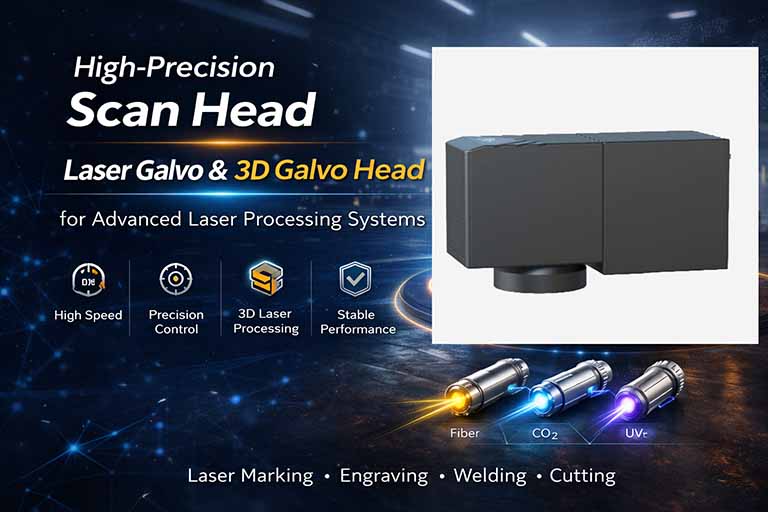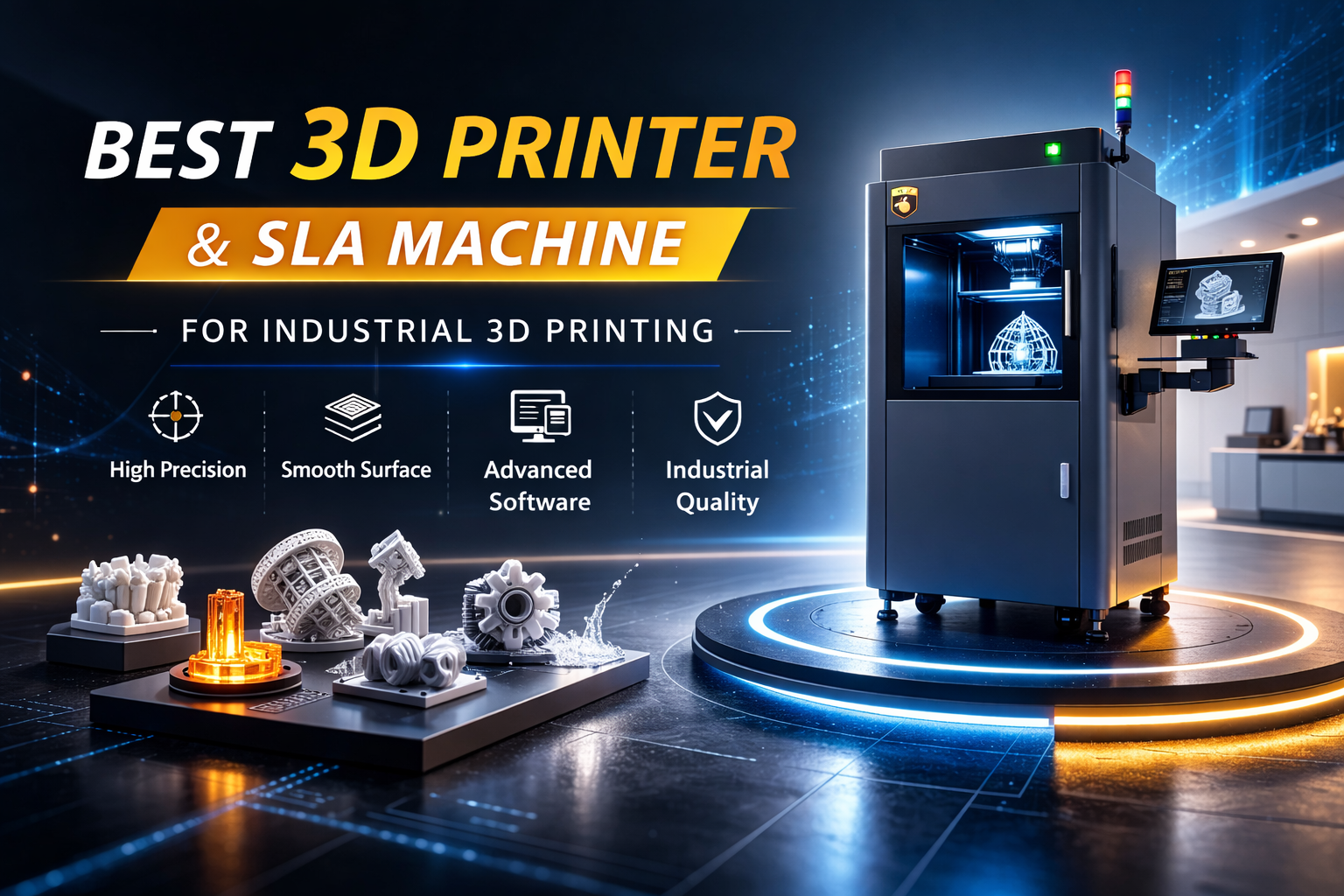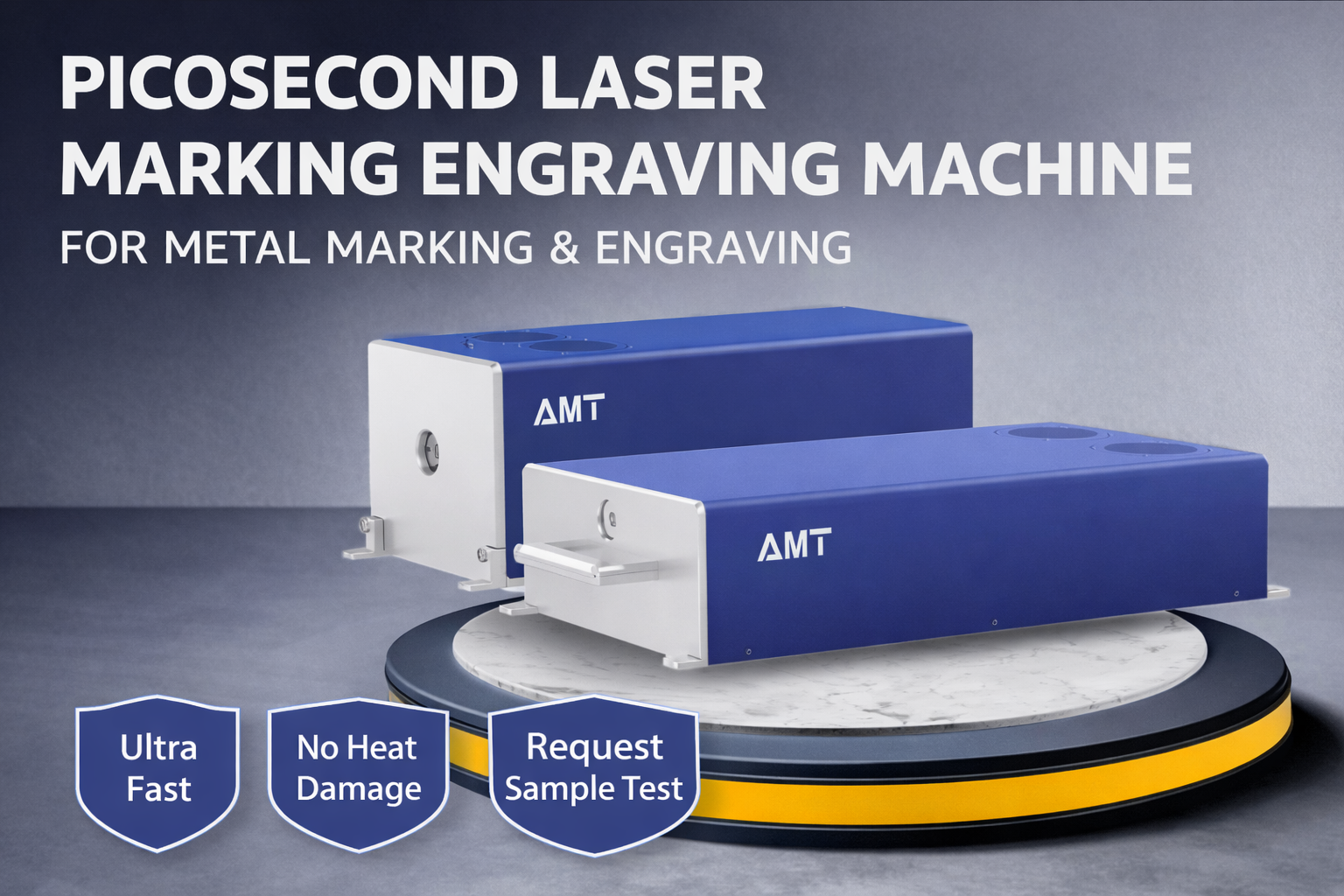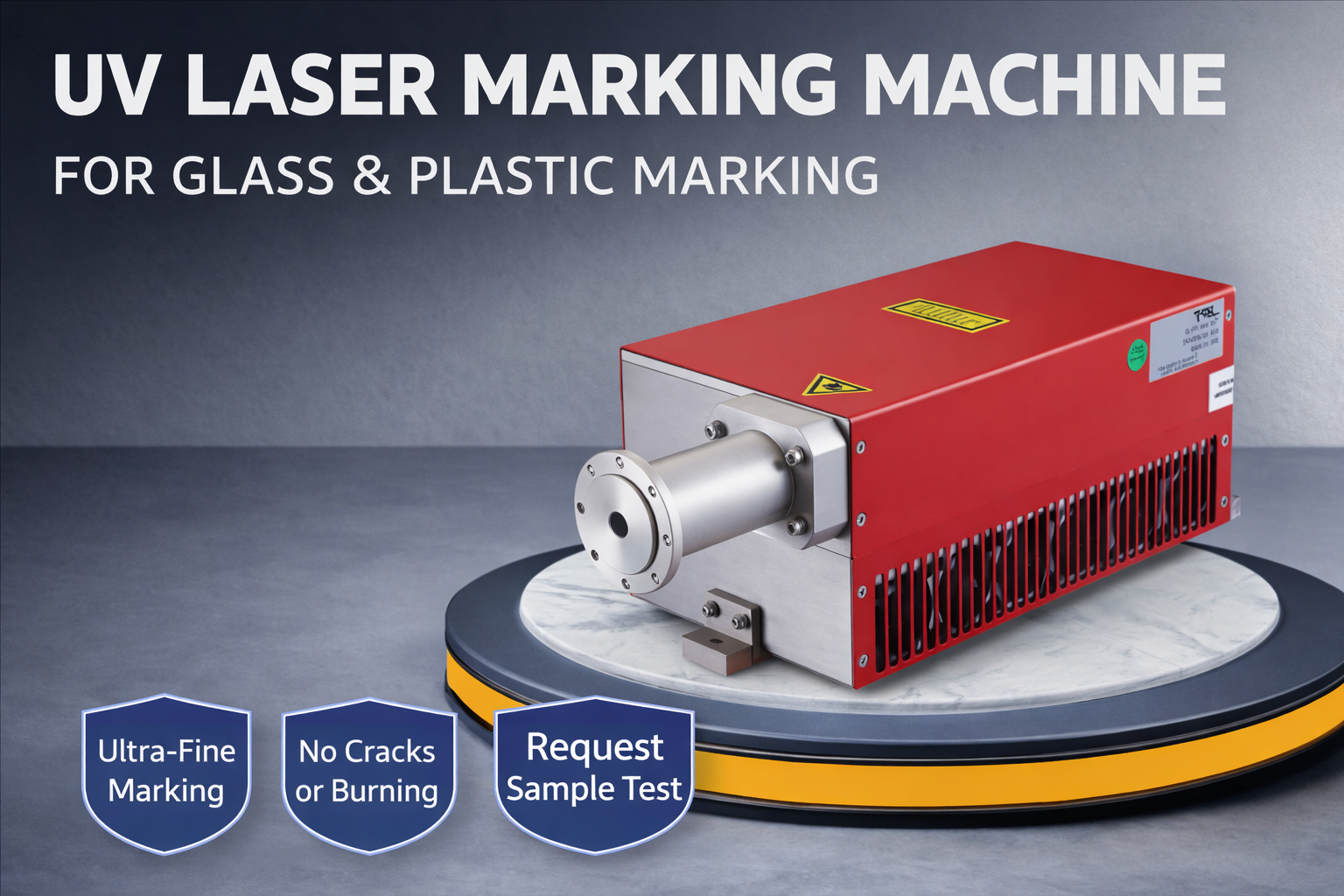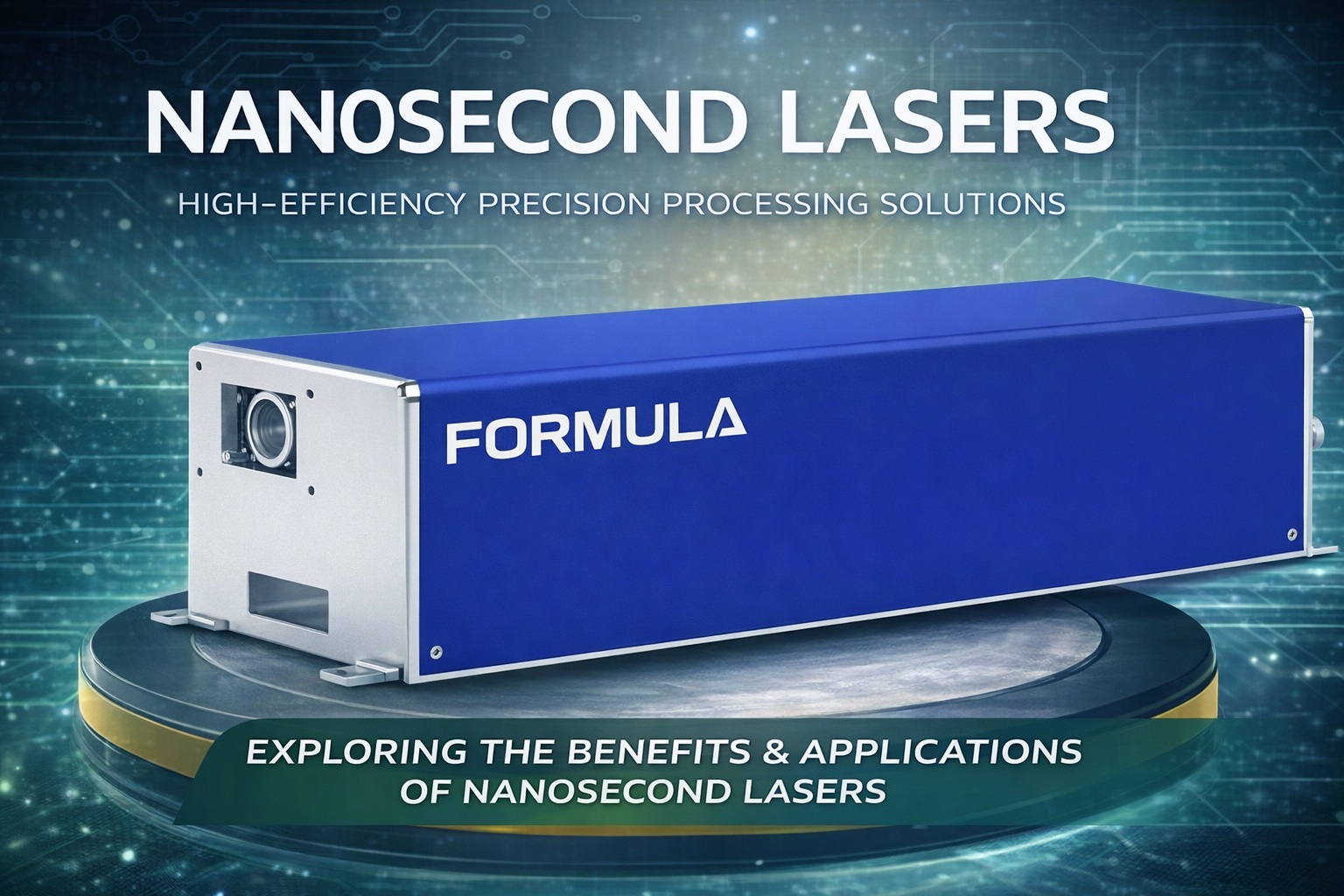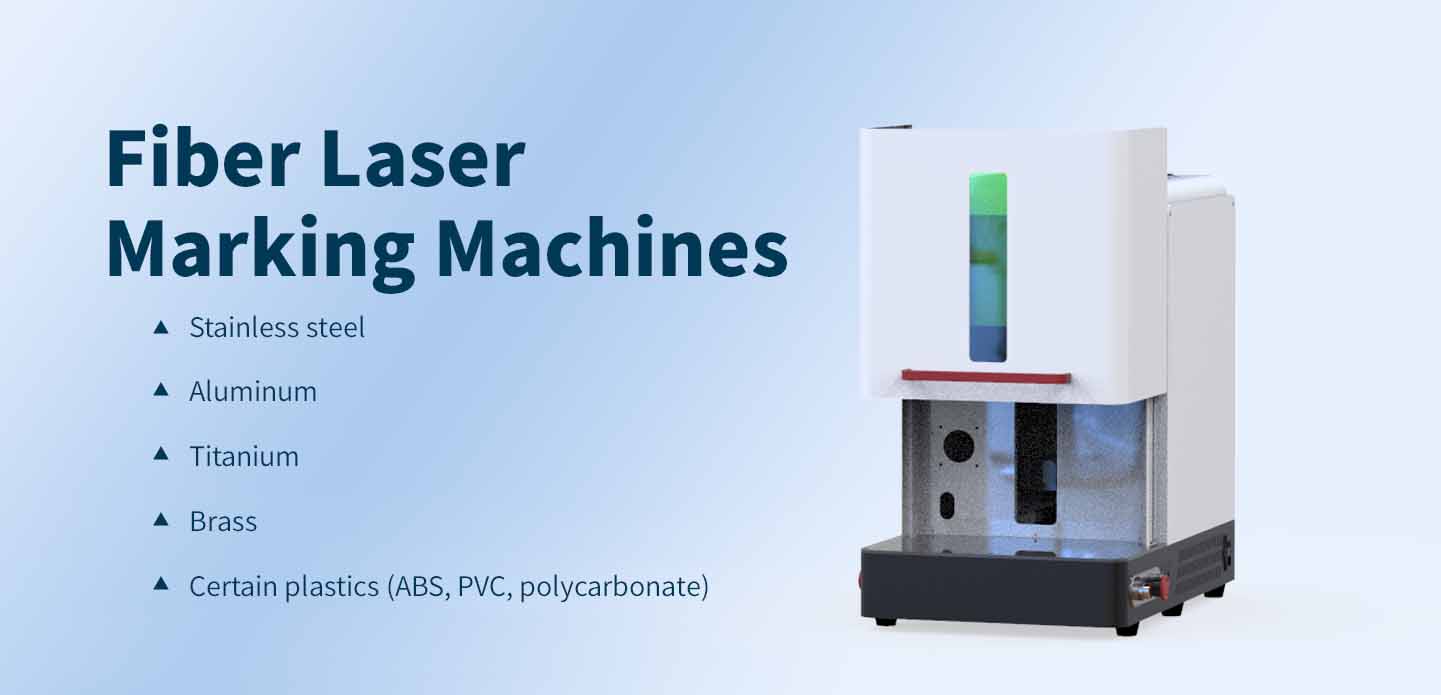
In today’s manufacturing and product identification landscape, fiber laser technology has emerged as the preferred solution for high-speed, high-precision, and permanent marking. From industrial components to consumer electronics, the demand for clean, efficient marking on metal and plastic surfaces continues to grow. Among the various options, the fiber laser marking machine stands out due to its reliability, minimal maintenance, and superior performance.
What Is a Fiber Laser?
A fiber laser is a solid-state laser that generates a high-intensity beam using optical fibers doped with rare-earth elements such as ytterbium. The laser source produces a wavelength typically around 1064 nm, which is especially effective for marking metals and many industrial-grade plastics.
Compared to CO₂ and diode lasers, fiber laser sources offer:
Higher beam quality (M² close to 1)
Long operational lifespans (often exceeding 100,000 hours)
Lower energy consumption
Compact and air-cooled designs, ideal for integration
These characteristics make fiber lasers particularly suited for marking applications that require speed, precision, and consistency.
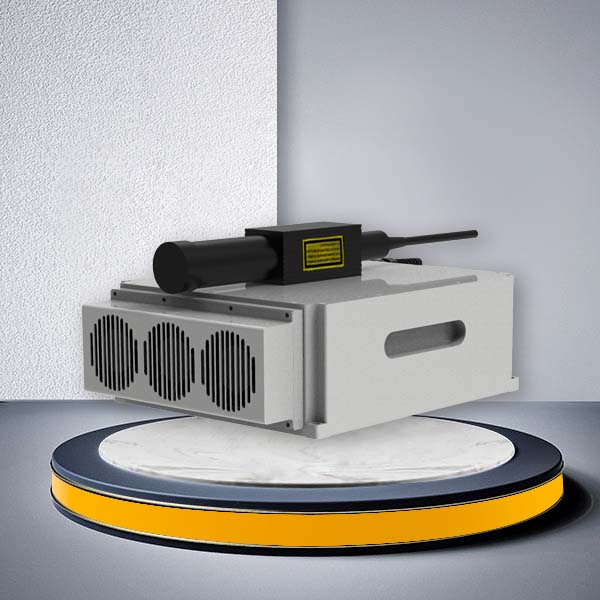
Applications of Fiber Laser Marking Machines
A fiber laser marking machine can be used to engrave or mark a wide range of materials, including:
Stainless steel
Aluminum
Titanium
Brass
Certain plastics (ABS, PVC, polycarbonate)
Industries that commonly use this technology include:
Automotive (VIN numbers, component tracking)
Aerospace (part identification, compliance labeling)
Medical devices (UDI codes, surgical tool marking)
Electronics (circuit boards, chips, enclosures)
Jewelry and tool manufacturing
Whether the requirement is deep engraving, surface etching, or annealing for non-invasive marks, fiber lasers provide excellent results.

Portable and Handheld Laser Marking Solutions
Modern production environments require flexibility. That’s why the demand for laser marking machine handheld and laser marking machine portable models has increased significantly.
Portable fiber laser marking machines offer:
Lightweight construction (some models under 10kg)
Plug-and-play operation with minimal setup
Built-in touchscreens or PC connectivity
AC power or battery operation in field-ready versions
High precision even in off-site or limited-access environments
Handheld devices are especially useful for marking large or immobile parts, including heavy machinery, steel pipes, industrial molds, and equipment frames.
Despite their size, these portable machines use the same high-quality fiber laser sources as stationary systems, ensuring no compromise on marking depth, clarity, or speed.
Fiber Laser Sources: The Core of the System
At the heart of any fiber laser marking machine is its fiber laser source. Leading manufacturers such as IPG, Raycus, MaxPhotonics, and JPT have developed compact, efficient, and stable laser modules suitable for a wide range of applications.
When selecting a laser source, key factors to consider include:
Wattage (20W, 30W, 50W, 100W+): Determines marking speed and depth
Pulse width and frequency: Affects resolution and material compatibility
Cooling method: Air-cooled vs. water-cooled depending on operating environment
Modulation capability: Important for grayscale marking or MOPA-based color marking
Using a high-performance source improves marking quality, reduces cycle time, and extends equipment life.
Advantages of Fiber Laser Marking Systems
Zero consumables: No inks, chemicals, or gases required
Maintenance-free: Sealed systems with no moving optics
Environmentally friendly: Clean, energy-efficient operation
Integration-ready: Easily installed in production lines, automation cells, or robotics
Permanent results: Resistant to wear, corrosion, and fading
These benefits contribute to lower total cost of ownership and higher return on investment for industrial users.
Conclusion
For manufacturers seeking efficient, precise, and scalable product marking, fiber laser marking machines represent the best in class. Whether you need a stationary system for high-volume production or a handheld portable laser marking machine for field applications, the versatility and performance of fiber laser technology deliver consistent results.
From robust fiber laser sources to ergonomic system designs, this technology continues to evolve in step with the demands of modern manufacturing.
If you’re planning to upgrade your marking system, consider fiber laser marking—not just as a tool, but as a long-term solution.

